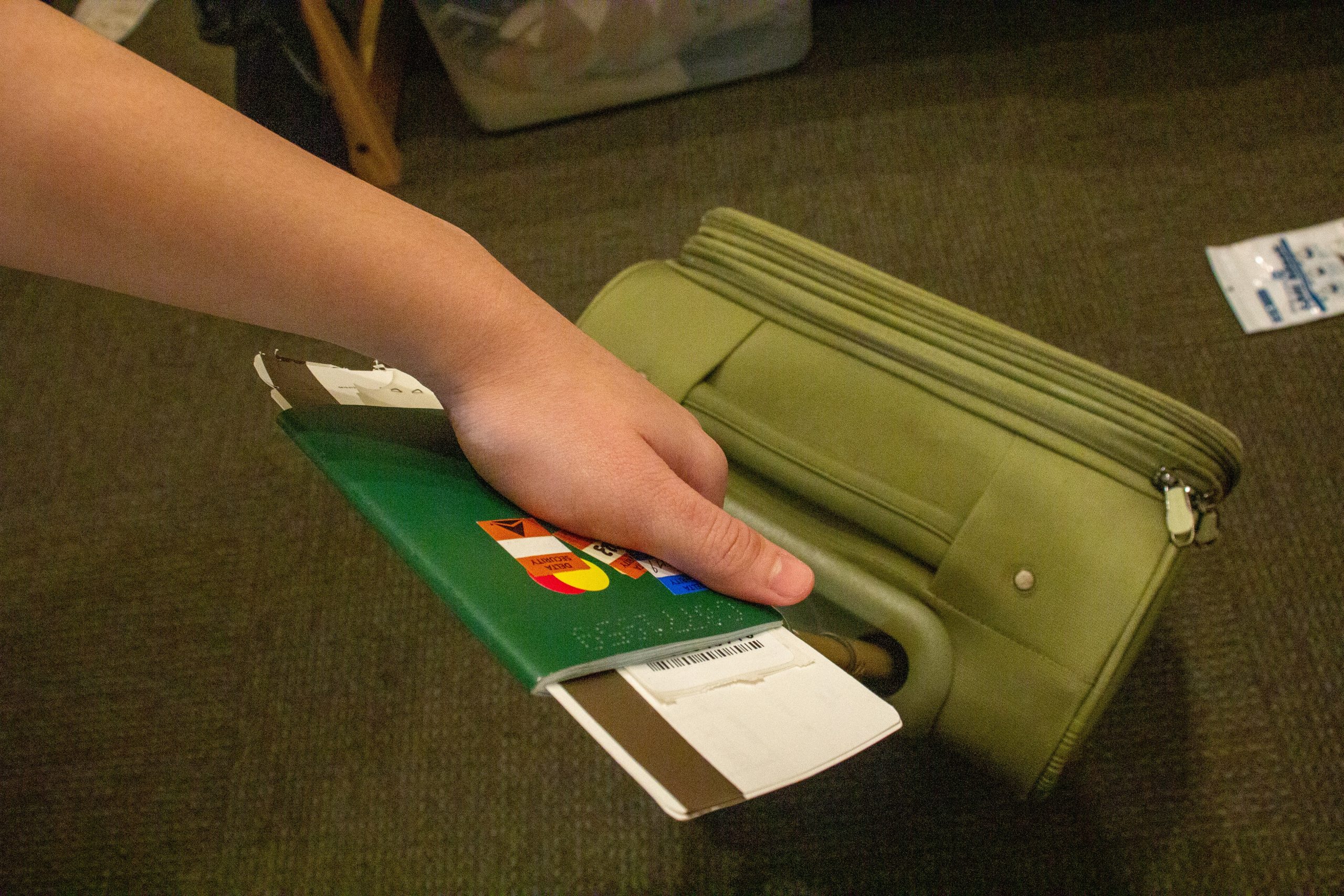The opinions expressed in The Lawrentian are those of the students, faculty and community members who wrote them. The Lawrentian does not endorse any opinions piece except for the staff editorial, which represents a majority of the editorial board. The Lawrentian welcomes everyone to submit their own opinions. For the full editorial policy and parameters for submitting articles, please refer to the about section.
From Marco Polo to Ibn Battuta to Lewis and Clark to Peter Santenello, people have always sought out travels that amaze, perplex, educate and enlighten them. Throughout the centuries, however, this notion of travel has evolved alongside the creation and destruction of civilizations. As we shift out of the COVID-19 pandemic and into our most globalized potential, travel has never been more contested. Thus, what are the rules for being an ethical traveler? What are the ways in which one may make the most effective change to the largest amount of people while also being a mere traveler? Throughout the years, I have continuously wondered why people travel in the first place. Are people seeking out thrills and marvels they wouldn’t experience otherwise? This answer might be obvious in some cases, but from cruises to pilgrimages, traveling and its motivation may look extremely different depending on the individual. However, these narratives remain centered on the travelers’ experience rather than the locals’ actual livelihoods. This could merely be a symptom of capitalism’s ever-expanding markets, transforming travel into some type of escapist entertainment. These roots may be great conversation starters; however, I would like to suggest the idea of a symbiotic tourist and local relationship. In other words, how may we develop a thoughtful and mutually beneficial relationship between travelers and locals? Is that even possible? Is travel attainable without exploiting some individuals along the way?

As we attempt to separate ourselves from participating in mass tourism, we must seek out regions that are less frequently traveled, utilize public transport, contribute to local businesses, preside in hostels and locally-owned residences and educate ourselves beforehand on the particular nuances of the region in which we reside. If the opportunity arises, we should also consider participating in homestay tourism, in which one works on a property in exchange for room and board. In doing so, individuals continue acknowledging their naivety as a traveler and learn to better respect foreign communities. At the end of the day, the purpose of an ethical tourist is to investigate more effective and ethical ways to travel while passively aiding and respecting local communities.

